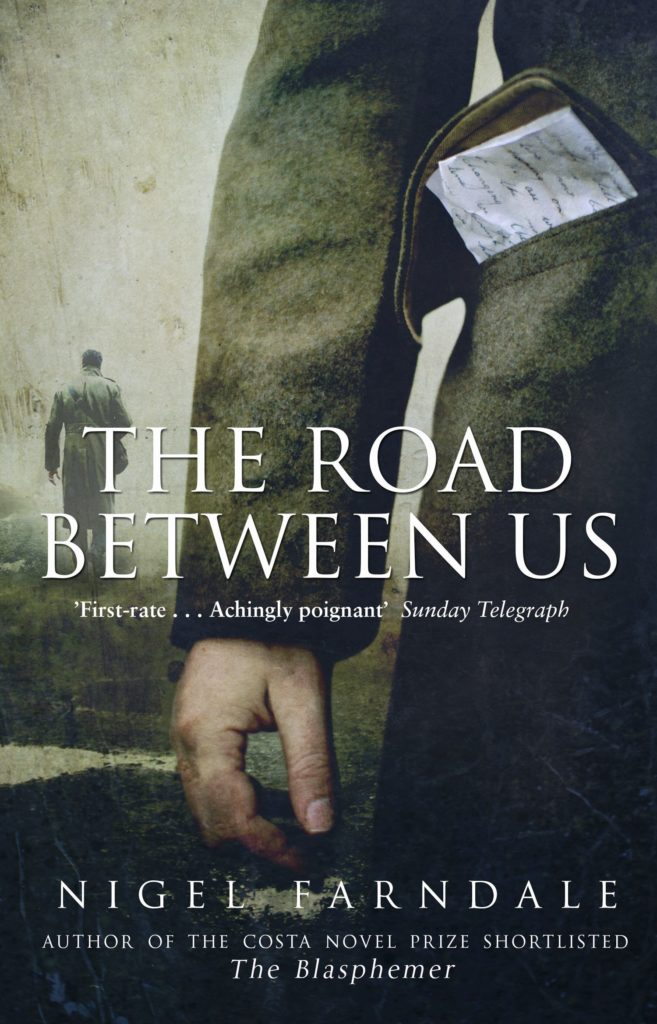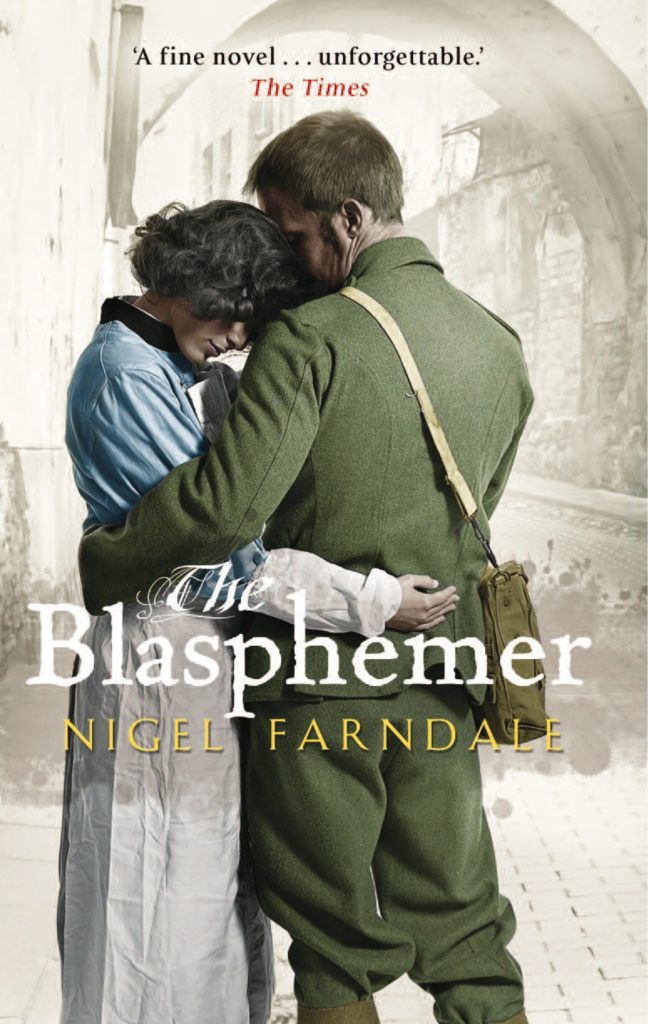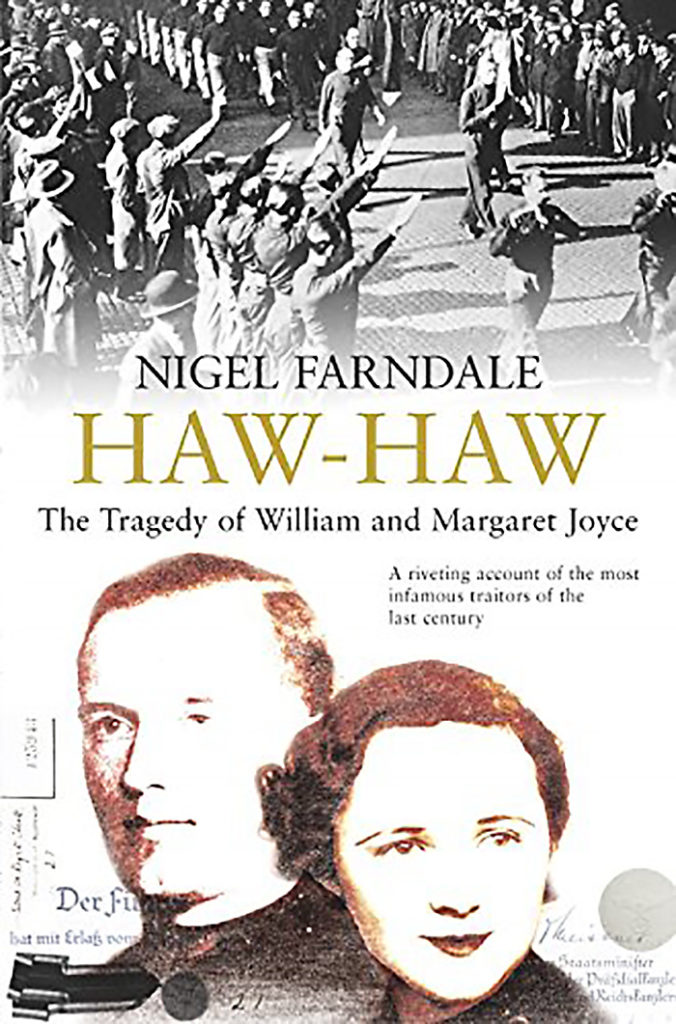
The Dictator’s Muse
‘A masterly exploration of conflicting loyalties set against the 1936 Olympic Games. Sharply characterised, richly atmospheric and completely engrossing.’
John Preston, author of “The Dig“
‘A novel rich in historical detail, but wearing its research lightly, and the story is told in a French Lieutenant’s Woman kind of way, veering from the present to the past with superb flair.’
Irish Independent
Synopsis
 It is the early 1930s, and Europe is holding its breath. As Hitler’s grip on power tightens, preparations are being made for the Berlin Olympics.
It is the early 1930s, and Europe is holding its breath. As Hitler’s grip on power tightens, preparations are being made for the Berlin Olympics.
Leni Riefenstahl is the pioneering, sexually-liberated star film-maker of the Third Reich. She has been chosen by Hitler to capture the Olympics on celluloid but is about to find that even his closest friends have much to fear.
Kim Newlands is the English athlete ‘sponsored’ by the Blackshirts and devoted to his mercurial, socialite girlfriend Connie. He is driven by a desire to win an Olympic gold but to do that he must first pretend to be someone he is not.
Alun Pryce is the Welsh communist sent to infiltrate the Blackshirts. When he befriends Kim and Connie, his belief that the end justifies the means will be tested to the core.
Through her camera lens and memoirs, Leni is able to manipulate the truth about what happens when their fates collide at the Olympics. But while some scenes from her life end up on the cutting room floor, this does not mean they are lost forever…
The Dictator’s Muse is published by Doubleday on Thursday, June 24, 2021
Leni Riefenstahl: Hitler’s muse (and Jagger’s friend)
The life of the film director is clouded by her rewriting of the truth, says Nigel Farndale as his novel about her is published

LENI RIEFENSTAHL FOR THE SUNDAY TIMES MAGAZINE
In some ways Helene “Leni” Riefenstahl was the Margaret Thatcher of her day, a feminist trailblazer the feminist movement would rather forget. Arguably she was the greatest female film director of the 20th century — no less a film critic than The New Yorker’s Pauline Kael thought so — yet she picked the wrong side, even if she did always claim that she was only interested in art, not politics.
Although she was never a member of the Nazi Party and always denied being a propagandist, her films, especially Triumph des Willens (Triumph of the Will) about the 1934 Nuremburg rally, nevertheless helped to create what became known as the “Hitler myth”, presenting the Nazi leader as a sort of Wagnerian demigod. And even though the Allies deemed her a “fellow traveller only” after interrogating her at the end of the war, she remained a controversial and ambivalent figure to the end of her long life, admired and reviled in like measure.
Just as cabinet photographs of Thatcher show her surrounded by men in suits, so Riefenstahl, in part the subject of my new novel The Dictator’s Muse, was always the only woman in the picture, surrounded by men in those sharp Hugo Boss uniforms. Although there were other prominent women in Hitler’s inner circle, such as Magda Goebbels and Winifred Wagner, she was the only one who came close to having any real power and influence.
To do that she believed she had to behave like a man. That included her love life. For as well as being a talented and creative film-maker, she was also a sexual pioneer. She had a harem of good-looking cameramen and actors whom she would ruthlessly sleep with and never call back. To her detractors she was “as pretty as a swastika”, but she was often having to turn down unwanted proposals of marriage. Only twice did she succumb, the second time when she was in her nineties and the groom was 42 years her junior.
Her relationship with Hitler was more complicated. He respected her as an artist; ranked her, indeed, alongside his favourite architect, Albert Speer. And in the 1930s she used her friendship with him to manipulate people. Even though the Nazi leadership was almost the definition of “toxic masculinity” — Goebbels, Göring, Hess, Himmler, Ribbentrop and so on — when she gave orders, they jumped. (read the full article at the Sunday Times)


